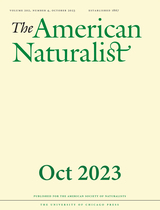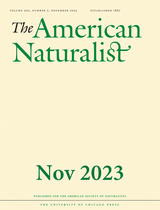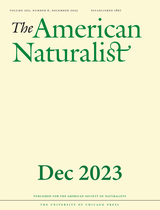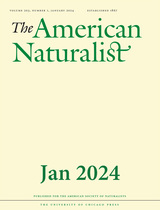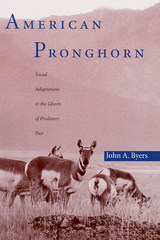Regimes of Contention: Resistance and the Governmentality of Resources in Indigenous Philippines
Campus Verlag, 2021
Paper: 978-3-593-51376-8
See other books on: Contention | Indigenous Studies | Regimes | Resistance | Southeast Asia
See other titles from Campus Verlag
Paper: 978-3-593-51376-8
ABOUT THIS BOOK | AUTHOR BIOGRAPHY
ABOUT THIS BOOK
An anthropological reflection on the shifting governmentality of Indigenous resources in the Philippines.
The notion of indigeneity in the Philippines is politically fraught. Most who live on the archipelago are descendants of aboriginal peoples, whether they claim tribal affiliation or not, and those who do enact traditional identities share little else in common. As a result, the term “indigenous” remains unstable and malleable seventy-five years after independence. Connecting insights from Tillian and Foucauldian social theory, Regimes illuminates how the ever-changing Philippine state, from the 1970s through today, constructs artificial subjectivities that Indigenous peoples must embody to access ancestral resources held by the federal government. What emerges is a lucid illustration of how governmentality is entangled with indigeneity in the Philippines.
The notion of indigeneity in the Philippines is politically fraught. Most who live on the archipelago are descendants of aboriginal peoples, whether they claim tribal affiliation or not, and those who do enact traditional identities share little else in common. As a result, the term “indigenous” remains unstable and malleable seventy-five years after independence. Connecting insights from Tillian and Foucauldian social theory, Regimes illuminates how the ever-changing Philippine state, from the 1970s through today, constructs artificial subjectivities that Indigenous peoples must embody to access ancestral resources held by the federal government. What emerges is a lucid illustration of how governmentality is entangled with indigeneity in the Philippines.
See other books on: Contention | Indigenous Studies | Regimes | Resistance | Southeast Asia
See other titles from Campus Verlag

